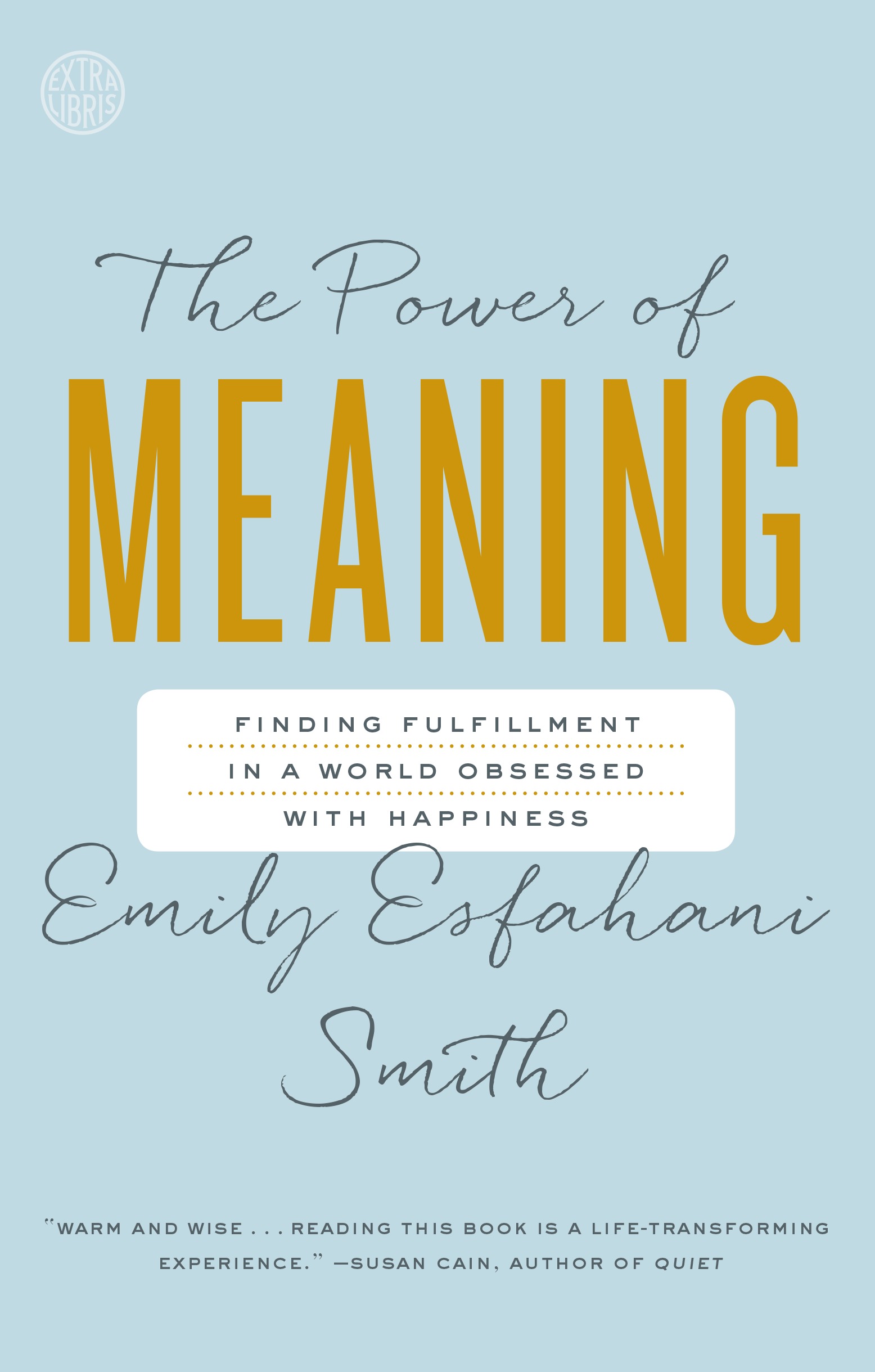An Ancient Take on Bad Behavior - City Journal
The new translation of Characters, by the philosopher Theophrastus (Aristotle’s favorite student), presents 30 brief vignettes of vulgarians, dullards, and yokels who populated the streets of ancient Athens—and who continue to make their presence known in ours. The rascals he profiles—from “The Newshound” and “The Arrogant Man” to “The Social Climber” and “The Flatterer”—are figures straight out of contemporary headlines. We meet, for example, “The Obnoxious Man,” who compulsively exposes himself in front of women. Characters like Harvey Weinstein and Charlie Rose; Donald Trump and Hillary Clinton; Michael Avenatti and Stormy Daniels would have amused Theophrastus endlessly with their behavior. Civilization may be 2,400 years older, but human nature is apparently much the same.
Unlike this gallery of rogues, Theophrastus was beloved during his time. Born as Tyrtamus around 371 bc on Lesbos, he came to Athens in his youth and found his way to Aristotle’s philosophical school, the Lyceum, where the great philosopher rechristened him Theophrastus (“divine in speech”), according to the concise and helpful introduction that opens this volume, written by classicist James Romm of Bard College. Considered the father of botany for his writings on plants—though he covered a wide range of topics, from the gods and stars to human sweat and hair—Theophrastus not only became Aristotle’s favorite student but also revered by the citizens of Athens. His philosophy lectures at the Lyceum attracted thousands of Athenians, and when he died at 85, an ancient source tells us that “the whole population of Athens, honouring him greatly, followed him to the grave.”
This isn’t to say that Theophrastus did not encounter the seamier side of human nature. As a foreigner, he was considered an outsider in Athens and was made to remember it. “In legal terms,” writes Romm, “Theophrastus and Aristotle were ‘metics,’ resident aliens, who had no political rights and could not own property.” Once, when Theophrastus asked an old woman in the marketplace about the price of her goods, she responded disdainfully by calling him “foreigner.” “Though he might acquire fine Attic speech and join Aristotle’s high-minded school, he was still a ‘bowl carrier,’” writes Romm, referring to the role metics were relegated to in Athenian state processions.
But being an outsider can have its perks for a writer and philosopher. It may have given Theophrastus the ideal vantage point from which to observe the flaws of others. It certainly seems like he enjoyed doing so, such as when he describes The Shameless Man as one who “goes to another’s house to borrow barley or bran and obliges the lenders of these goods to have them delivered to him,” or The Talker as one who “plumps himself down next to someone he doesn’t know and starts praising his own wife; he goes on to describe the dream he had the night before and then relates in detail what he had for dinner.” These are the kinds of people you avoid at happy hours and holiday parties.
These characters leap off the page because they embody types that we know and recognize—and not just from the celebrities who drive the news cycle. We encounter The Shameless Man and The Talker, The Busy Body and The Complainer in daily life. It can be shocking to read Theophrastus’ ancient take on human nature because it seems so contemporary. Consider the lament of The Authoritarian that “we’re badly hurt by corruption in the courts”—something we’ve heard conservatives and liberals say, depending on the political make-up of the court in the question. Or think of the plans of The Social Climber to bury her precious Maltese dog in a tomb and erect a gravestone over it with the loving epitaph, “Melody of Malta,” which conjures the image of women in New York who walk their little dogs in carriages through Central Park. The Tactless Man attends a wedding but spoils things by delivering “a diatribe against women”—never a good move, but think of how many weddings were ruined or nearly ruined by an ill-considered toast delivered by a drunk groomsmen or teary-eyed relative.
Continue reading at City Journal.






